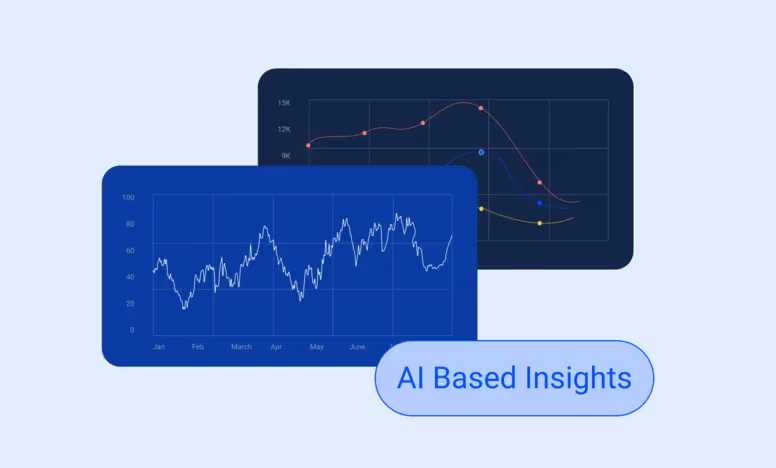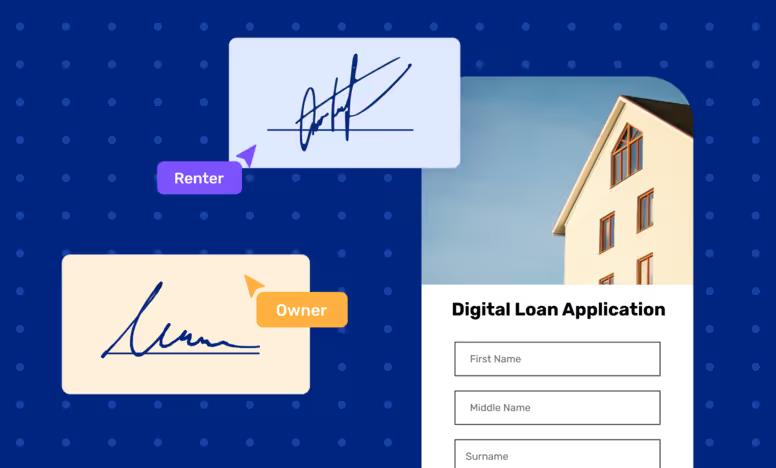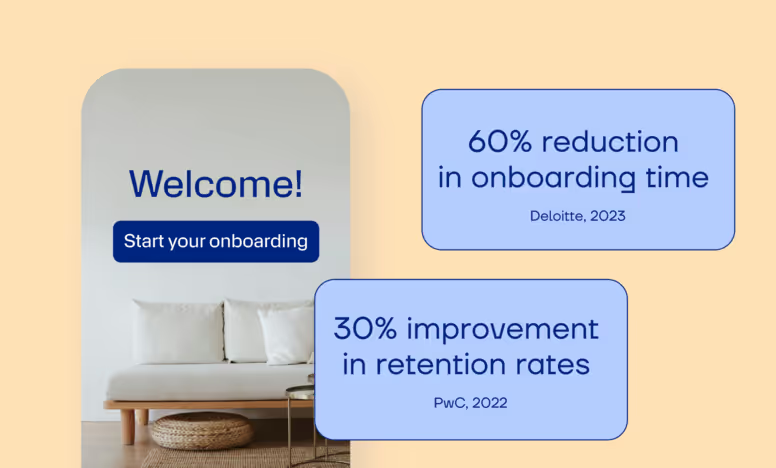Ch. 1: Leverage AI for smarter decisions
Use case: Transforming raw data into actionable insights with AI-driven analytics.
Why it matters: Real estate businesses rely on data-driven decisions for property investments, valuations, and market forecasting. AI-powered analytics provide actionable insights, enabling firms to identify emerging opportunities, assess risks, and optimize investment strategies. Predictive modeling empowers teams to stay ahead of market trends and make informed choices.
Key Benefits:
- 40% improvement in investment decision accuracy (McKinsey, 2023).
- 25% reduction in resource allocation inefficiencies (Gartner, 2023).
Examples of Impact:
- Commercial Real Estate Firms: Identifying prime locations for office space based on predictive demand analysis.
- Property Developers: Assessing market trends to optimize pricing strategies for new developments.
- Residential Agencies: Recommending properties that align with client preferences and future market growth.

Ch. 2: Empower customers with digital self-service
Use case: Implementing client self-service portals to enhance user experience and reduce administrative workloads.
Why it matters: Today’s buyers, sellers, and renters expect autonomy in managing their real estate interactions. Self-service portals empower clients to schedule property tours, access documents, and track transaction progress on their terms. Salesforce-integrated portals provide seamless experiences, reducing administrative burdens and improving satisfaction.
Key benefits:
- 30% reduction in administrative costs (Forrester, 2022).
- 35% increase in client satisfaction (Salesforce State of Service Report, 2023).
Examples of impact:
- Residential Agencies: Allowing buyers to schedule showings and access listings through a secure portal.
- Commercial Real Estate Firms: Enabling tenants to view lease details and submit maintenance requests.
- Property Managers: Providing homeowners with instant access to association documents and payment histories.

Ch. 3: Streamline document management
Use case: Automating the generation of personalized and compliant real estate documents with dynamic templates.
Why it matters: Preparing property agreements, lease contracts, and financial documents manually is time-consuming and error-prone. Dynamic document generation streamlines the process, ensuring accuracy and compliance. Automation reduces operational delays, enhances client trust, and frees up valuable time for real estate professionals.
Key benefits:
- 75% reduction in document preparation time (Forrester, 2022).
- Significant decrease in errors and compliance risks (IDC, 2023).
Examples of impact:
- Residential Agencies: Automating personalized purchase agreements for buyers and sellers.
- Property Managers: Streamlining lease renewals with dynamic templates.
- Commercial Real Estate Firms: Generating detailed contracts for multi-tenant buildings efficiently.
Ch. 4: Centralize customer interactions
Use case: Delivering seamless omnichannel customer engagement.
Why it matters: Real estate transactions often involve multiple touchpoints across email, phone, and online platforms. Fragmented communication can cause frustration and delay decisions. Salesforce centralizes interactions, enabling real estate professionals to provide consistent and personalized experiences, fostering trust and loyalty.
Key benefits:
- 25% increase in client engagement (Aberdeen Group, 2023).
- 20% faster response to inquiries (Gartner, 2023).
Examples of impact:
- Commercial Real Estate Firms: Managing tenant inquiries seamlessly across multiple communication channels.
- Residential Agencies: Coordinating buyer and seller interactions through unified systems.
- Property Developers: Ensuring consistent communication with stakeholders throughout project lifecycles.
Ch. 5: Simplify agreement signing
Use case: Automating approvals and document signing with eSignature tools.
Why it matters: Delays in signing contracts and agreements can jeopardize deals and harm client relationships. Salesforce-enhanced eSignature tools enable quick, secure, and compliant document execution. Automation reduces manual work, accelerates deal closures, and builds client confidence.
Key Benefits:
- 85% faster agreement turnaround times (P&S Intelligence, 2021).
- Enhanced compliance with audit-ready digital trails (Salesforce Compliance Report, 2023).
Examples of Impact:
- Residential agencies: Finalizing purchase agreements quickly with digital signatures.
- Commercial Real estate firms: Streamlining lease contract execution for faster tenant onboarding.
- Property managers: Simplifying the signing of maintenance contracts and service agreements.

Ch. 6: Streamline onboarding processes
Use case: Providing seamless onboarding experiences for customers and agents.
Why it matters: A smooth onboarding process sets the stage for strong client relationships. Salesforce-powered workflows automate onboarding steps, ensuring consistency and reducing errors. Personalization tools help tailor onboarding experiences, reinforcing client trust and satisfaction.
Key Benefits:
- 65% reduction in onboarding time (Deloitte, 2023).
- 30% improvement in client retention rates (PwC, 2022).
Examples of Impact:
- Commercial Real estate firms: Automating tenant onboarding, including lease execution and account setup.
- Residential agencies: Guiding first-time buyers through every step of the purchase process.
- Property managers: Streamlining new homeowner onboarding with tailored welcome packets and resources.

Ch. 7: Ensure compliance and security
Use case: Automating compliance processes and securing data management.
Why it matters: Real estate firms must adhere to numerous regulations, from fair housing laws to data protection standards. Manual compliance management is time-intensive and risky. Salesforce’s automated compliance tools help ensure adherence, enable audit readiness, and protect sensitive client data, building trust and credibility.
Key Benefits:
- 45% reduction in compliance-related issues (IBM, 2023).
- Improved audit readiness and data security (Gartner, 2023).
Examples of Impact:
- Commercial Real estate firms: Ensuring compliance with lease regulations and zoning laws.
- Property managers: Protecting tenant information with secure data management protocols.
- Residential agencies: Automating adherence to fair housing regulations and disclosure requirements
Conclusion: Unlock Salesforce's Full Potential
Real estate firms can gain a significant competitive edge by enhancing Salesforce with innovative digital tools. By leveraging these seven use cases, professionals can streamline operations, improve client experiences, and achieve success in a dynamic market. These solutions ensure immediate operational improvements and establish a solid foundation for long-term growth.
The use cases outlined above showcase that Salesforce alone isn’t enough to improve your operations and create excellent customer experiences. Extending Salesforce with digital solutions is essential to maintaining a competitive edge in today’s dynamic market. Tools built for digital processes, digital signatures, and dynamic document management will help your business streamline operations, improve customer satisfaction, and drive growth—right from Salesforce.
Future-Proof Success with EasySend
EasySend is a digital platform with a suite of products that enhance Salesforce, including Digital Journeys, Dynamic Documents, and eSignatures. With EasySend, launch personalized digital processes right from Salesforce, track progress and streamline customer data intake from any device or channel.



.avif)
.avif)


.avif)
